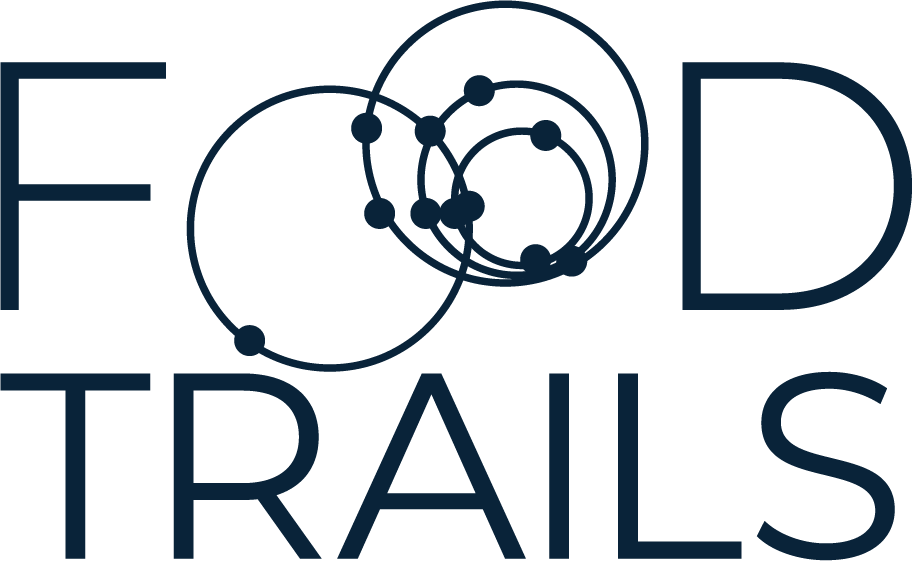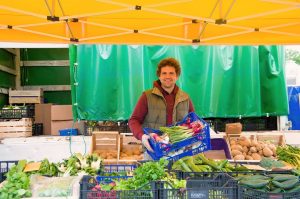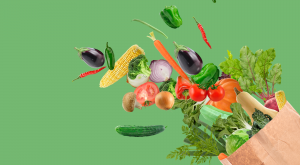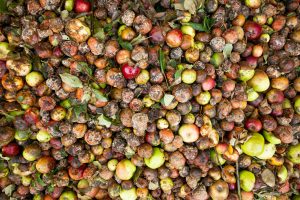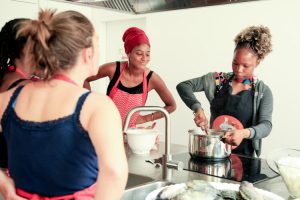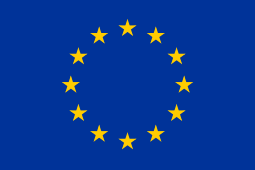In 2021, Bordeaux Metropole woke up to a harsh reality: local food production from its 5,500 hectares of agricultural land and 148 farms could only feed its inhabitants for one day a year, which means that the metropolis was relying quite heavily on imports from near and far.
Today the numbers are a bit more reassuring, food autonomy in Bordeaux Metropole is up to seven days a year, with 65% of people in the metropolis consuming local products at least once a week, but the road is still long and littered with obstacles.
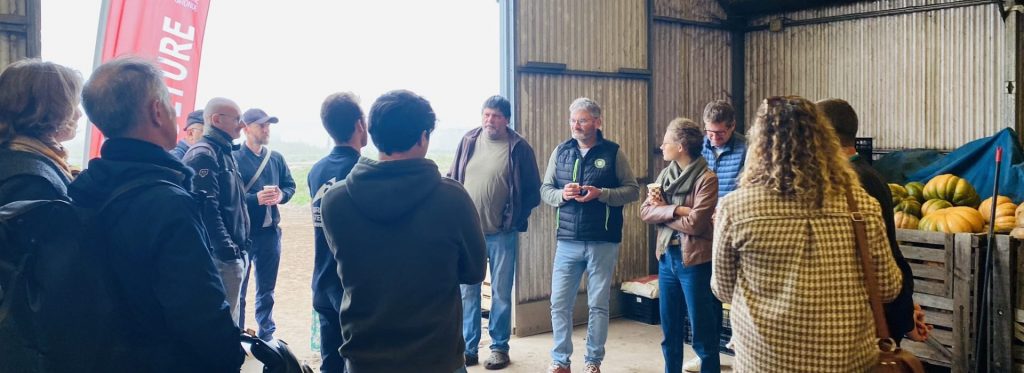
Making a start
One of the innovative measures the metropolis put into place to develop solutions for food-related issues was the Consultative Council for Sustainable Food Governance (CCGAD – Conseil Consultatif de Gouvernance Alimentaire Durable). In 2017, the metropolis was the first territorial body in France to set up such a council as a three-year pilot project.
“We wanted to connect different stakeholders involved in food issues,” explains Carla Quiviger, Food Governance Project Officer at Bordeaux Métropole. “As a local government, we also wanted to connect with them to support them in their work.” The council brought together around 130 local food system actors – from agriculture to processing and distribution, from consumer organisations to stakeholders involved in trend analysis – all relevant players had their place in the council.
“To approach food in a transversal way, we needed to involve all stakeholders,” explains Quiviger. “There’s a tendency only to involve experts, but the food council has allowed us to think about involving, for example, cooks when we talk about collective catering. It’s essential because they are involved when moving from theory to action.”
This transversality is also reflected in the different administrative levels involved – from the various offices within the metropole to the 28 municipalities to the regional and national levels. This allowed the Council to cover as many food-related competencies as possible.
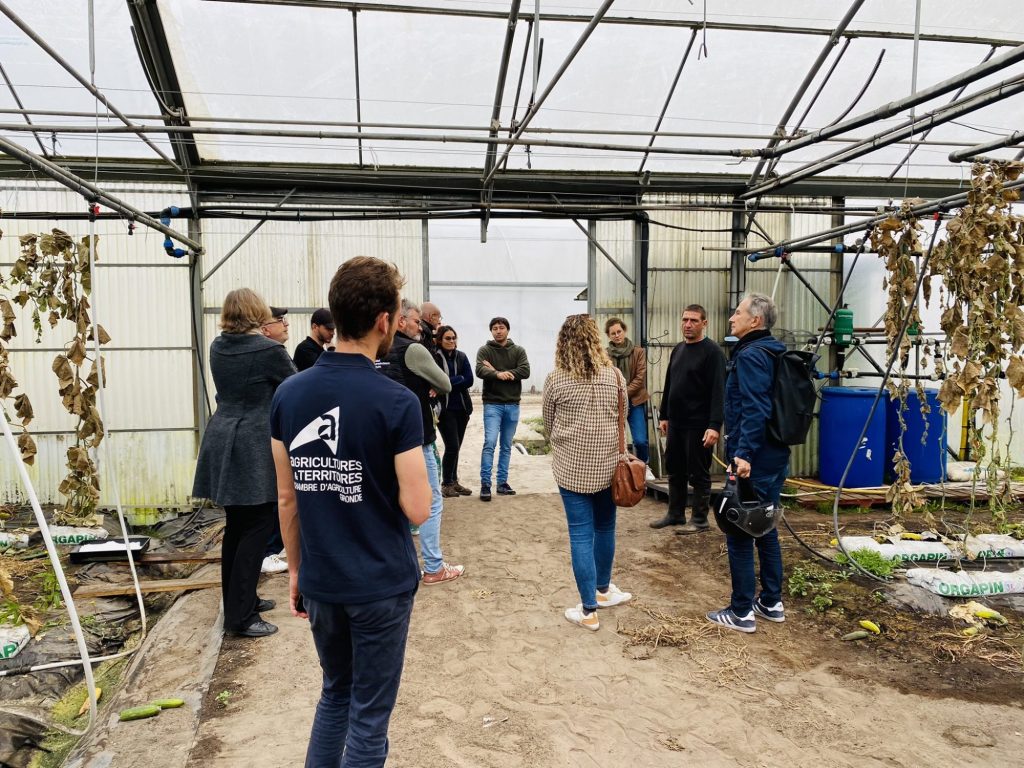
Step-by-step recipe
During its first three years, the council experimented with its role. Stakeholders would decide on the issues to tackle and create working groups to develop solutions. “For example, they created a working group on the impact of the Covid-19 pandemic and published a report,” says Quiviger.
After working on an issue, the council would present its recommendations and action points to the metropolis. “The three years of experimentation were useful to put the foundations of the council, to get to know the actors and build trust with them, ensuring they would be heard,” says Quiviger.
In 2021, the council was confirmed as the governance body for food issues in Bordeaux Metropole. And in July, it became the body in charge of mobilising stakeholders to develop the local food policy.
“It became even more important that we represented all relevant stakeholders in the council, as it was in charge of building our food policy.”
Carla Quiviger
A Food policy from the field
The new, more direct role of the Council is a way to improve the link between consultation and action. “The Food Council, the agricultural policy of the metropolis and the work of the Food Trails project converged into the development of our urban food policy,” says Quiviger. “And Bordeaux Metropole is voting the result this month.”
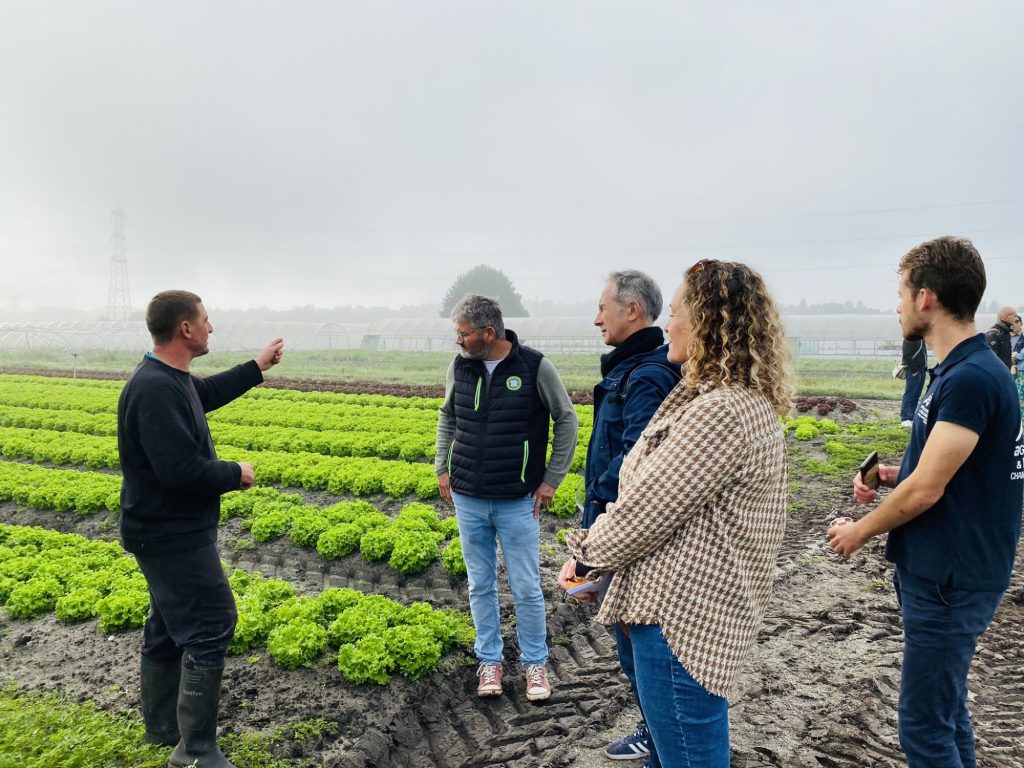
Two committees developed the strategy, one made of the elected representatives from the metropolis who defined the objectives and approved the work, and one with an advisory role bringing together all stakeholders in the area – the food council actors plus some additional partners that weren’t originally included. “The idea was to use the network within the food council to develop an action plan that would answer concrete needs from the field,” explains Quiviger.
The previous work of the council also inspired the content of the policy. For example, the creation of zero-waste fridges improved access to food for everyone and raised awareness about food waste. Or the challenge the council proposed to volunteer households to learn more about the benefits of sustainable food and to experiment with changing their eating habits for three months.
Action list
The new policy includes 45 concrete actions that touch on areas like agriculture production, supply of collective catering, sustainable and healthy food for all, short and local supply chain, education and awareness raising. For each, there’s a clear budget, timeline, and set of partners. Bordeaux Metropole plays a different role depending on each action. It can coordinate or offer financial or technical support.
The policy has ambitious objectives. For example, it wants to add 10% of agricultural structures by 2030 and support the development of sustainable farming in the area to increase food resilience. It intends to reduce its organic waste by 50% by 2027 and reuse all organic waste from school canteens. And it also wants to bring public stakeholders together to set procurement standards to ensure that 70% of public catering is made of local healthy and quality food instead of the 50% imposed by national law.
“When we wrote the food policy, we presented the action plan to the council, and they thanked us. They told us it was what they wanted, what they had asked for. We are happy we could prove we listened to them and that we managed to translate what they told us”.
Carla Quiviger
Engagement is key
The trickiest and yet the most valuable lesson from Bordeaux’s council is to insist on engaging with all relevant local actors. In 2021, after the pilot phase of the council, an evaluation report conducted by a third-party organisation noted that the strength of the council was its stakeholders, who appreciated the opportunity to meet and exchange. However, some actors were still missing from the represented groups.
“We aren’t perfect yet, we are missing some actors, but we proved that the network was important and valuable, allowing issues to advance and evolve. So stakeholders recognise its value, and it becomes important even in their daily work because it gives them an opportunity to exchange with other food chain actors,” says Quiviger.
For example, organisations fighting food poverty in France usually work alone because the system is built this way. Still, they are impacted by issues related to the supply chain or find it hard to get healthy options. In cases like this, a network like the council allows them to talk to local producers directly and find other ways to function.
“Some stakeholders, namely those more active in the field, are harder to involve because they often have little time, so it’s up to us to make them realise the value of participating,” says Quiviger.
“If they don’t come, they miss out on something.”
As an example, farmers within the council weren’t very active. But Bordeaux Metropole is a relatively small area with 150 farmers; there’s always someone within the metropolis who knows them individually, making it easier to reach out to them. “Their advice is very concrete and saves us time. Plus, they appreciate being heard,” says Quiviger. “When we manage to involve them, we know our action will be more pertinent.”
Through participation in the Food Trails project, the metropolis also realised the value of involving the economic and research actors in the sector. “We keep a constant contact with our stakeholders, and we are available to call if they have a project to propose or something they want to discuss,” adds Quiviger. “It’s important to keep this relationship.”
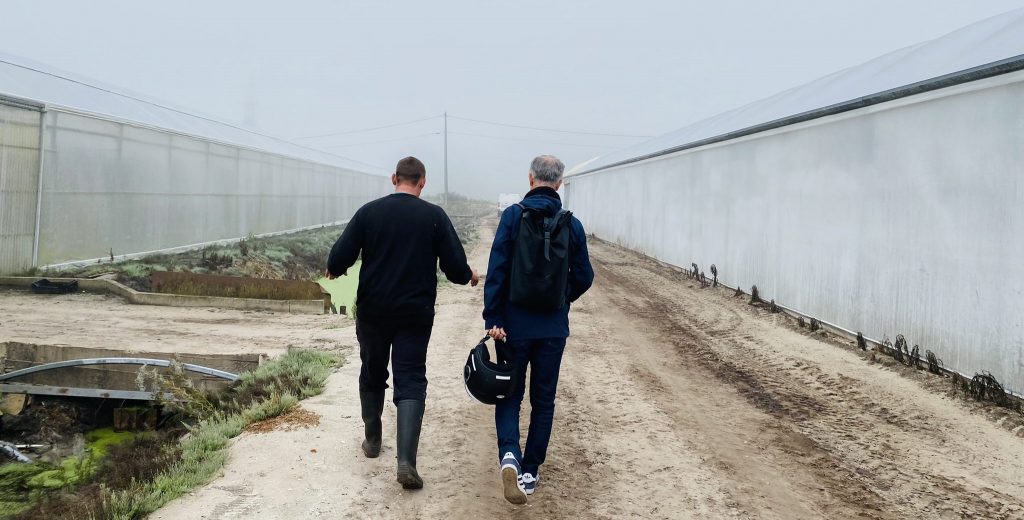
The road so far and the road ahead
One of the most valuable contributions of the Food Trail project to Bordeaux Metropole’s ambitions regarding food issues is that it allowed them to get the needed human resources. “We can develop such an ambitious policy because we have five people following this theme,” says Quiviger.
“Food Trails also connects us with Europe, and we need these exchange opportunities with cities in France and elsewhere,” she adds. For example, Bordeaux will exchange with Milan over the issue of collective catering because Italy’s system is very similar to France, and the city has ambitious supply and waste management goals that Bordeaux is interested in replicating. Milan’s approach to food aid will also be a source of inspiration.
“From our side, we want to show the value of a food council and how it can help municipalities and stakeholders tackle together issues around food,” says Quiviger. For example, they have started exchanging with Grenoble, which has similar issues, and Copenhagen will visit Bordeaux to learn more about the food Council.
